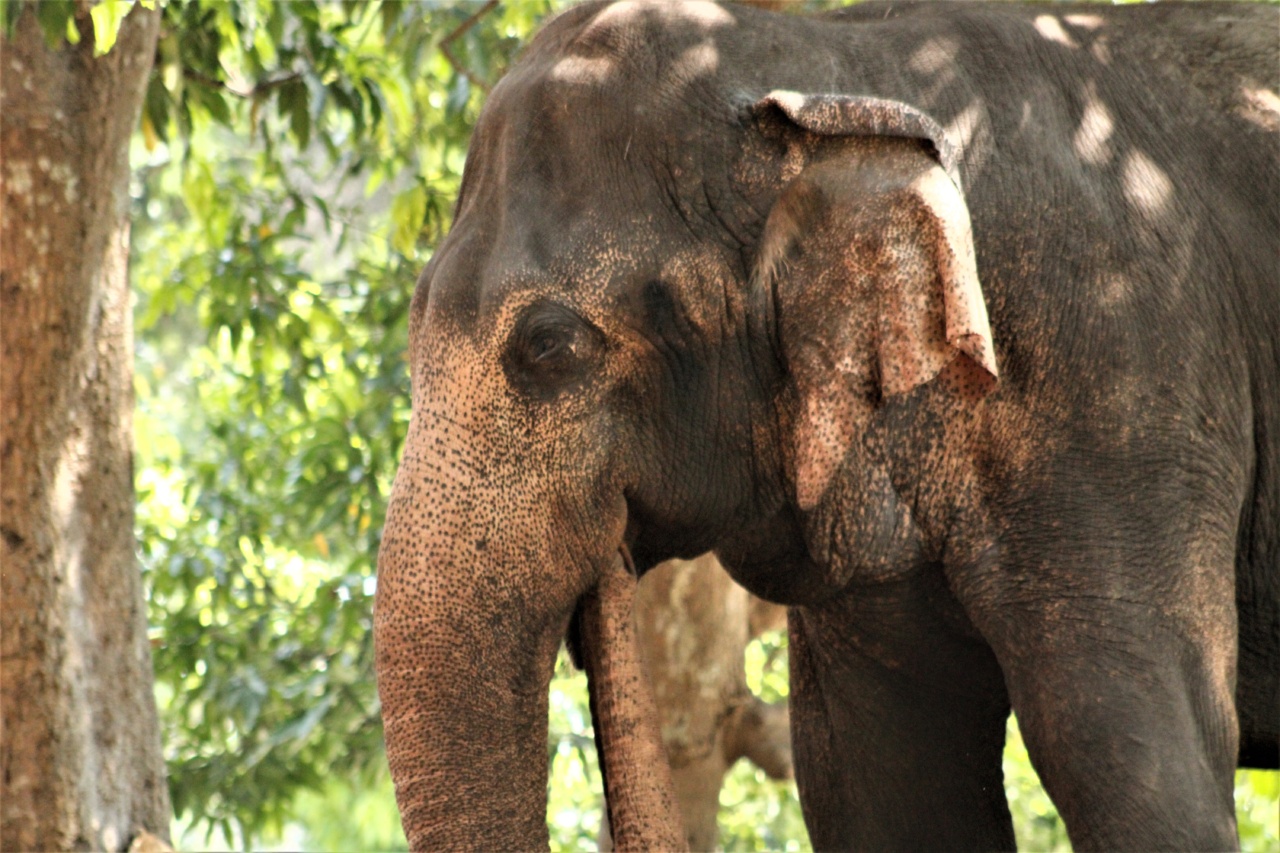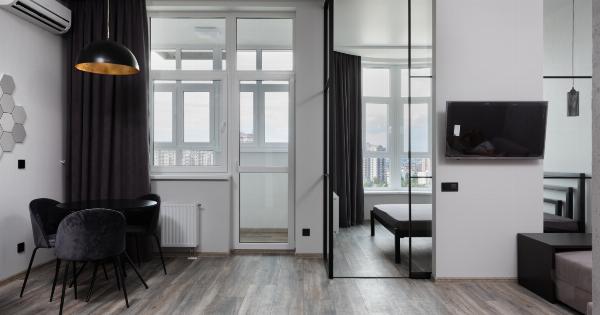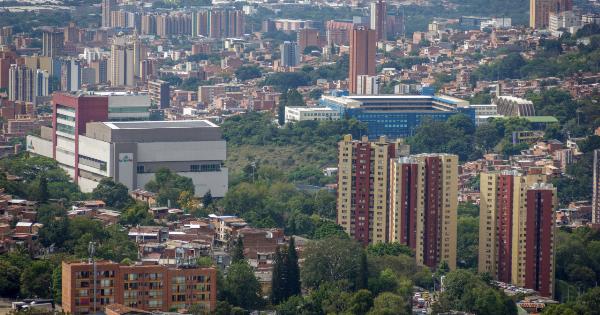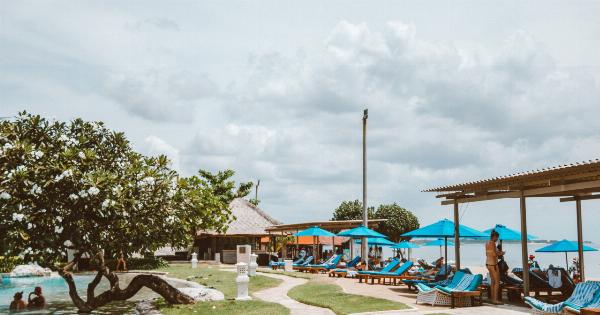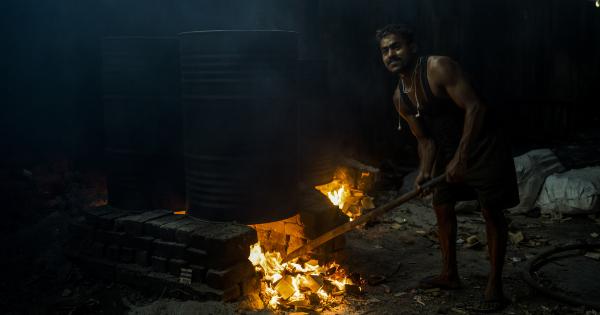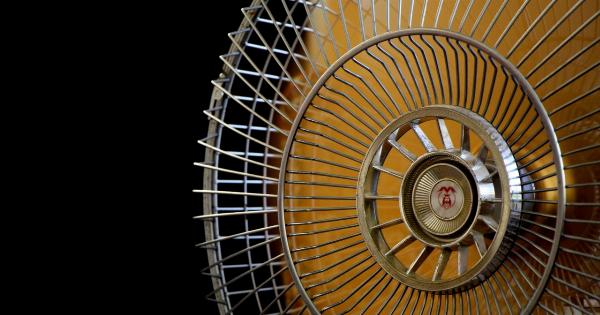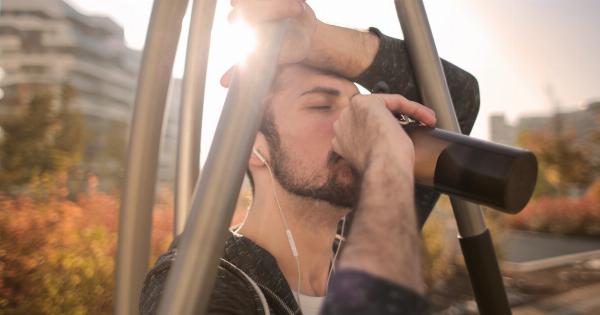Summer is the perfect time to go outside and enjoy the sun, but it can also come with a few challenges such as dehydration, heat exhaustion, and constipation.
With the hot weather, it is essential to take proactive measures to avoid the negative effects of the scorching sun. This article provides a few tips on how to beat the heat and constipation this summer season. Follow these guidelines and have a stress-free and fun-filled summer.
1. Drink Plenty of Water
One of the most crucial rules of staying healthy in summer is to stay hydrated. Drinking water helps regulate your body’s temperature, so it is essential to drink enough fluids to counteract the summer heat.
You should drink at least eight glasses of water every day. It is also essential to carry a water bottle when spending time outside. It will help ensure that you can stay hydrated for a longer time and avoid dehydration-related illnesses.
2. Incorporate Fiber-Rich Foods in Your Diet
Another leading cause of constipation is a lack of fiber in our diet. As we tend to consume plenty of processed foods, it is common to experience digestive issues during the summer season.
Therefore, it is crucial to incorporate more fiber-rich foods in our diet. Fiber-rich diets keep our digestion in top shape and regulate bowel movements. The recommended daily intake of fiber is between 25-30 grams, which can easily be achieved through the consumption of fruits, vegetables, and whole grains.
3. Maintain a Balanced Diet
Eating habits directly impact our digestive system, so it is essential to be mindful of what you eat. Consuming spicy and greasy food can upset our stomach and lead to heartburn or diarrhea.
Therefore, it is essential to avoid overeating and opt for lighter meals with more fruits and veggies. Maintaining a balanced diet is essential during summer as it helps our bodies cool down and promotes healthy digestion.
4. Exercise Regularly
Regular exercise not only keeps you in shape but also helps you maintain a healthy digestive system. Exercise helps move food through your digestive system, making it easier for your body to absorb nutrients.
Walking, swimming, and cycling are some of the low-intensity exercises that you can try in summers. Just make sure you stay hydrated to avoid heat exhaustion while working out.
5. Stay Away from Caffeine and Alcohol
Both alcohol and caffeine can lead to dehydration and worsen constipation. Therefore, it is recommended to avoid or limit the consumption of alcohol and caffeine in the summer season.
You can opt for healthier options such as iced herbal tea or fruit-infused water.
6. Find a Cool and Comfortable Spot to Relax
Spending extended periods in the sun, especially during peak hours can bring about heat exhaustion. A quick way to beat the heat is by finding a cool spot to relax. You can sit in an air-conditioned room or find a cool and shaded spot outside.
It will help you regulate your body temperature and reduce the risk of heat-related illnesses.
7. Don’t Forget the Sunscreen
Not wearing the right sunscreen can increase the risk of sunburn, which can put a damper on your summer plans. It is essential to apply a broad-spectrum sunscreen with an SPF of at least 30 before stepping outside.
Remember to reapply every few hours if you plan on spending a longer time outside. Sunscreen will help protect your skin from harmful UV rays and reduce the risk of skin cancer.
8. Limit Your Exposure to the Sun During Peak Hours
Sun rays can be very harsh during peak hours, so it is essential to limit exposure to the sun during these times. Try to stay indoors between 10 am and 4 pm when the sun is at its peak.
If you must go outside during this time, wear protective clothing such as hats, sunglasses, and lightweight long-sleeve clothing.
9. Avoid Eating Too Quickly
Eating too quickly can lead to digestive issues, including constipation. It is essential to sit down, relax, and chew your food properly to promote easy digestion. Take your time when eating, and don’t rush.
This will help prevent constipation and other digestive issues.
10. Take Precautionary Measures to Avoid Heatstroke
Heatstroke can be very dangerous and can lead to hospitalization if not treated promptly. Symptoms of heatstroke include headaches, nausea, vomiting, and confusion.
If you experience any of these symptoms, it is essential to seek medical attention immediately. To avoid heatstroke, it is crucial to drink plenty of water, take frequent breaks in a cool place, and avoid high-intensity activities in the sun.
